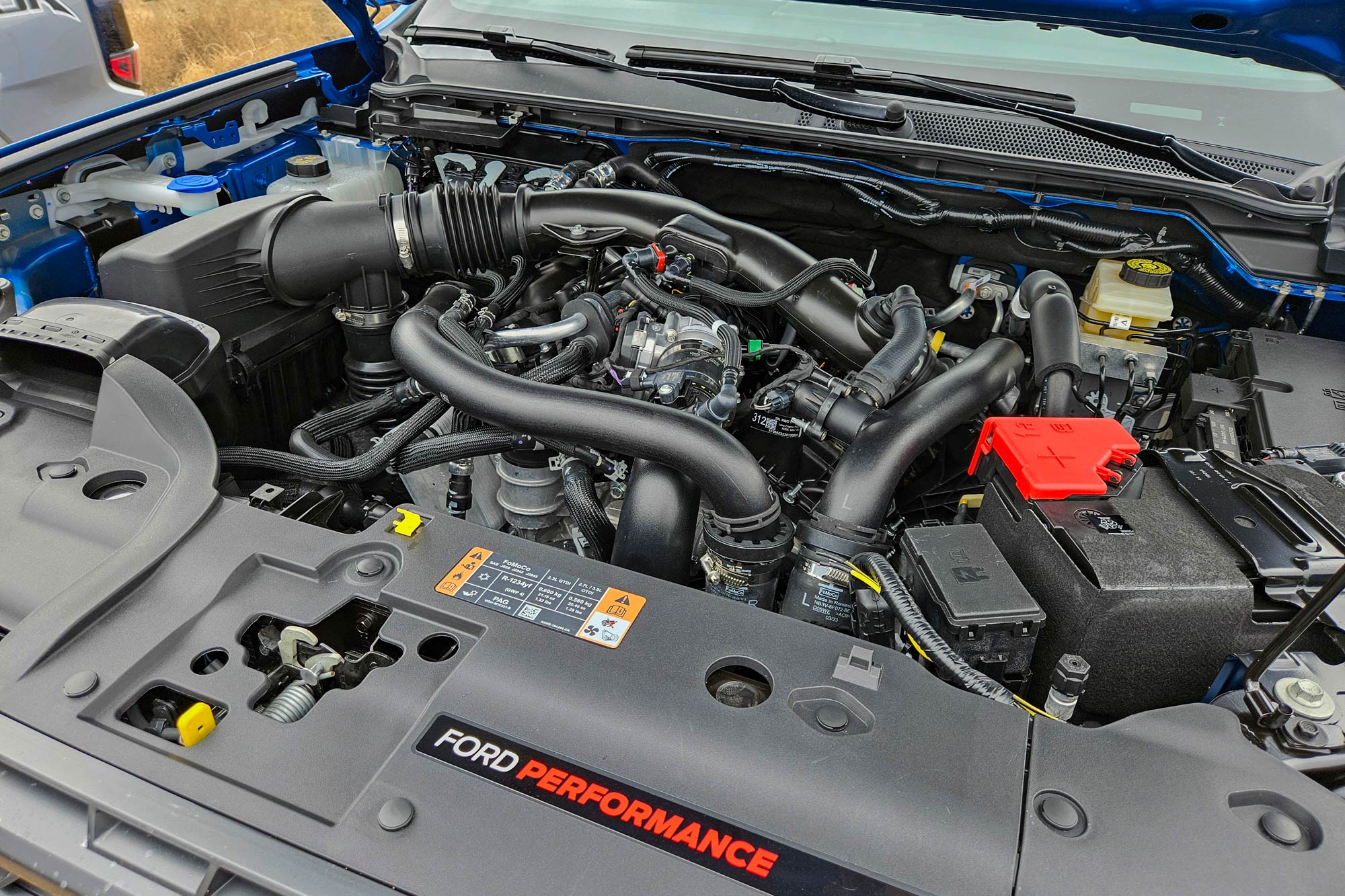What Makes a Car Engine Run Smoothly: Leading Tips for Ideal Treatment
The smooth operation of a vehicle engine is fundamental to both performance and durability, making optimal treatment an essential obligation for lorry owners. Secret practices, such as regular oil adjustments, maintaining coolant degrees, and monitoring air filters, are critical yet usually ignored. The value of checking trigger plugs and guaranteeing appropriate tire stress can not be underrated. Comprehending just how these elements interconnect can improve not just the effectiveness of your vehicle yet also your general driving experience. What specific actions should you prioritize to ensure your engine continues to be in peak condition?
Routine Oil Adjustments
Among the most crucial facets of automobile maintenance is ensuring your engine gets regular oil changes. Engine oil lubricates interior elements, lowers friction, and helps keep optimum operating temperature levels. Gradually, oil degrades because of warmth, impurities, and the natural by-products of burning, leading to lowered efficiency and prospective engine damage.
Most manufacturers suggest transforming the oil every 5,000 to 7,500 miles, but this interval can differ based on driving conditions and oil kind. Synthetic oils might allow for longer periods between modifications. Normal oil changes not only boost engine efficiency however additionally improve gas performance, as tidy oil promotes smoother operation.
Overlooking oil adjustments can result in sludge accumulation, which hinders flow and can cause extreme engine problems. It is essential to inspect oil levels frequently and keep track of for any type of unusual modifications in shade or uniformity, which can show contamination or degradation.

Keeping Coolant Levels
Maintaining proper coolant levels is necessary for protecting against engine overheating and ensuring optimum performance. The coolant, generally a mixture of water and antifreeze, circulates with the engine, soaking up warm and protecting against thermal anxiety. Inadequate coolant can bring about enhanced engine temperature levels, which may cause severe damages and even total engine failure.
To keep optimal coolant levels, frequently check the coolant reservoir, normally located in the engine bay. Make sure the coolant is filled to the recommended mark, as indicated in your lorry's owner guidebook. It is suggested to inspect the levels at least once a month or eventually trips, specifically during severe climate condition.
If you see that the coolant level is continually reduced, there might be a leak in the air conditioning system, which should be resolved quickly to stop further difficulties. 2.2 ford ranger engine. Furthermore, flushing the coolant system every 2 to 3 years can assist get rid of any type of gathered debris and guarantee reliable warmth exchange
Checking Air Filters

It is recommended to examine the air filter every 12,000 to 15,000 miles, or extra frequently more helpful hints if driving in messy or unfavorable problems. A simple visual inspection can usually expose whether the filter is unclean or harmed. If the filter shows up blemished or has visible dirt accumulation, it needs to be changed promptly.
Making use of a premium air filter designed for your certain lorry version can better enhance engine performance. Furthermore, some cars might benefit from recyclable filters that can be cleaned up and reinstalled, offering a environmentally pleasant and cost-effective option.
Inspecting Flicker Plugs
Flicker plugs are essential elements of a car's ignition system, straight affecting engine performance and performance. They produce the trigger that sparks the air-fuel blend in the burning chamber, assisting in the engine's power generation. Normal assessment of spark plugs is vital for preserving optimum engine function and protecting against possible issues.
Throughout an evaluation, look for indicators of wear or damage, such as fractures, carbon buildup, or extreme gap widening. A healthy ignition system typically shows a brown or tan color. Dark residue or oil down payments can indicate incorrect burning, while a raw or white appearance may suggest overheating. Both conditions require immediate interest to prevent more engine damage.
It's suggested to examine spark plugs every 30,000 miles, or as advised in your vehicle's owner guidebook. In addition, consider changing them according to the manufacturer's standards, as old or worn ignition system can result in misfires, decreased fuel performance, and increased exhausts.
Surveillance Tire Stress
Ensuring proper tire pressure is a crucial facet of car safety and security and efficiency. Under-inflated tires can bring about reduced gas efficiency, increased tire wear, and endangered handling. Alternatively, over-inflated tires can lower traction and raise the danger of blowouts. Regular tracking of tire stress is important for ideal automobile operation.
Tire stress must be examined at least when a month and before long journeys. Make use of a reputable tire pressure gauge to measure the stress when the tires are chilly, preferably before the informative post vehicle has actually been driven for at the very least 3 hours. Refer to the lorry's proprietor manual or the placard located on the vehicle driver's side door jamb for the producer's advised stress levels.
It is very important to keep in mind that tire stress can fluctuate with modifications in temperature; a drop of 10 ° F can result in a 1-2 special info psi reduction in stress. Furthermore, aesthetically evaluate tires for any indications of wear or damages during your monitoring routine. Preserving correct tire pressure not only boosts vehicle safety however additionally enhances gas performance and prolongs tire life, ultimately adding to a smoother engine efficiency.
Verdict
In final thought, keeping a vehicle engine's smooth procedure needs diligent attention to numerous crucial aspects. Eventually, an aggressive method to engine care is vital for ensuring integrity and functionality over time.
One of the most vital aspects of auto upkeep is ensuring your engine receives normal oil adjustments. Engine oil lubricates internal components, decreases rubbing, and assists keep optimum operating temperatures. Regular oil changes not just enhance engine performance however likewise enhance gas efficiency, as clean oil promotes smoother procedure.
Inadequate coolant can lead to boosted engine temperatures, which might create severe damages or also total engine failure.
